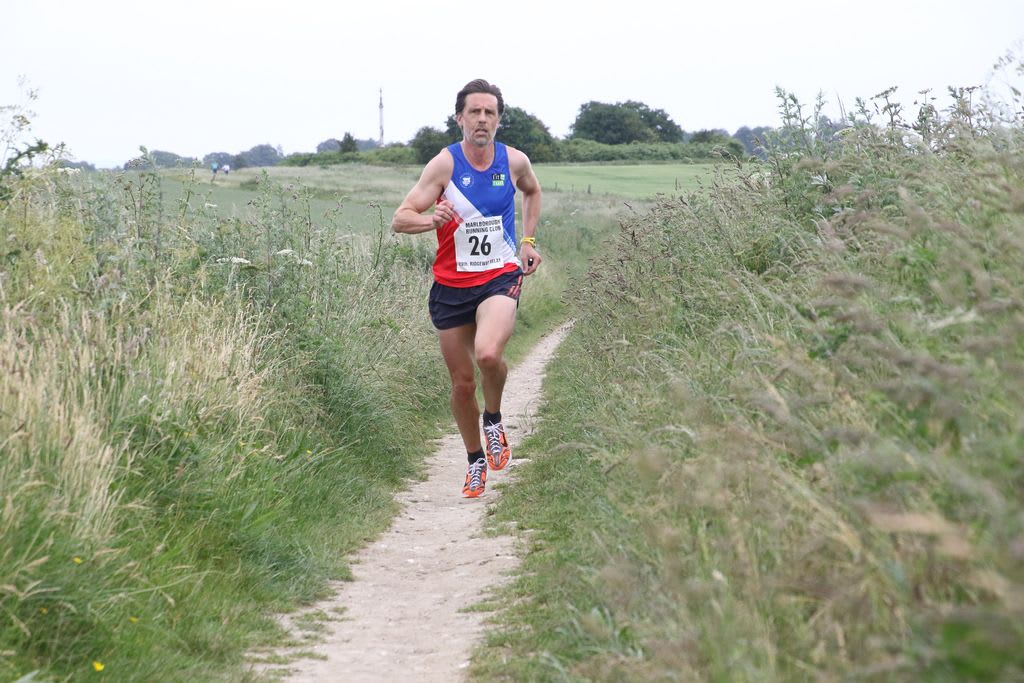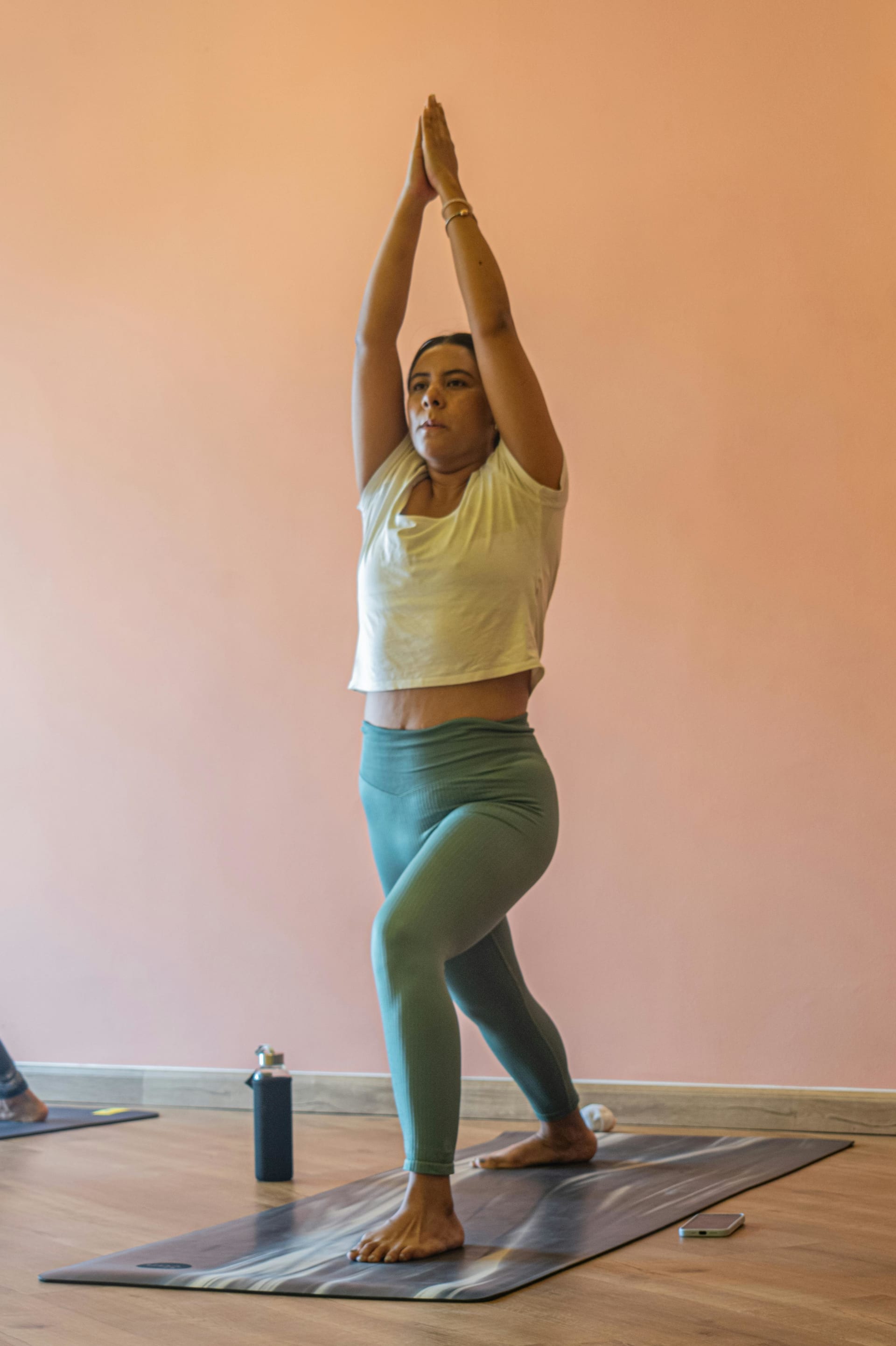When you’ve competed against some of the best runners in the world, what do you do to improve? For Rob Webster, one way might just include yoga.
During his demanding career as a solicitor, Rob stayed fit through soccer, gym and the odd run. A talented runner as a child, his recreational running became increasingly serious. By his mid 40s, Rob had reached such high standards that he was ranked in the top twenty in the world for his age group, reached the final of a World Masters Championship and held a British relay age-group record in the 800m distance category. It was during two long winter training camps in Kenya, training with GB Olympians and other elite athletes, that the idea of yoga dawned.
“I got a bit of good-humoured stick from elite athletes about my general lack of flexibility. I suppose that was the first time I started thinking about its importance. I was running well, but realised that adding or losing, say, an 1cm to each stride length would add up to quite a lot over a race distance. At this level, that’s the difference between winning and losing, between a good and bad time”.
Rob started to do yoga ‘here and there’ over the years. “Overall, I find that consistent periods of yoga and strength training have correlated with improved running performance”.
Structured training is crucial for high achievement in sport; “I’ve found that yoga works well for me because it gives a structure to mobility and flexibility training. Whilst I’m more disciplined than I used to be about post-run stretching there’s a limit to my attention span. With a 45-60 minute yoga class I don’t have any choice”.
Despite his obvious athleticism, Rob finds yoga challenging. “There’s a deep satisfaction in having the fortitude to tough it out. I suspect that there are psychological benefits to this which transfer to competition, or at least reinforce mental resilience”.
Yoga can also make a difference with injuries. “I’ve become conscious of this as I’ve got older. Unchallenged, the ageing body becomes less flexible…I’ve had intermittent minor back problems, and whilst I cannot disentangle the outcome from the introduction of weight/strength training, I have had no significant back stiffness for some considerable time since doing regular yoga.”
Rob now runs about fifty miles per week and still races competitively over longer distances. He retired early from his legal career, allowing time for the work that a full-time elite athlete would do. This is great news for his fellow yogis, who now see him regularly on the mat at yoga classes.
Our Tales from the Mat come from the wonderful Joy Le Fevre, yoga teacher and founder of yogidup.com.









